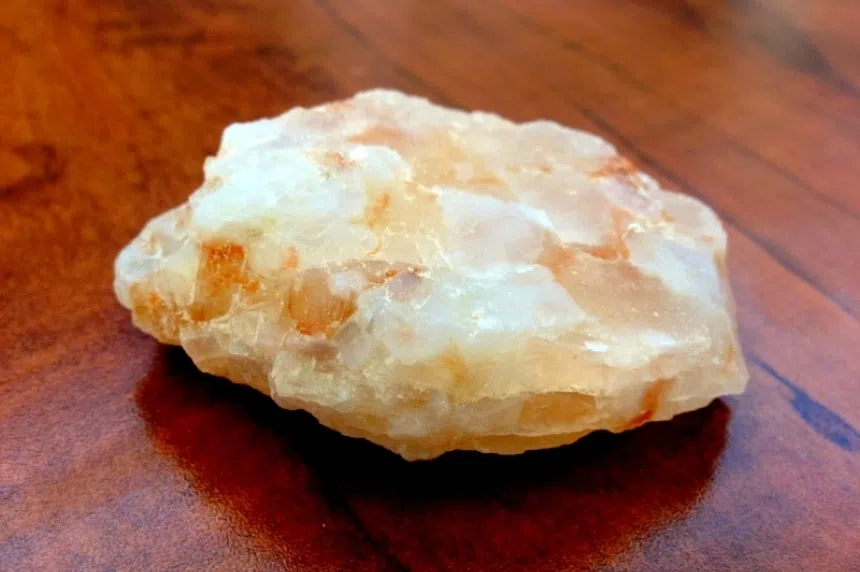
Analyst expects several more years of low potash prices
A day after layoffs were announced at the Mosaic potash mine near Colonsay, a major international deal shows prices for the key fertilizer ingredient remain stubbornly low.
On Wednesday, over 300 workers were told they’d be laid off for as long as six months, with company spokespeople saying low prices were behind the decision to cut production. PotashCorp also cut output for several weeks at its Lanigan and Allan mines earlier this year. While layoffs were avoided in those cases, PotashCorp also blamed low prices for the decision.
David Asbridge, a U.S.-based economist with NPK Fertilizer Advisory Service, said the moves haven’t addressed the global supply glut behind low prices.
“I don’t think it’s going to be quite enough here, and I’m thinking maybe at least two to three years before we can see any significant price increase,” he said.
An announcement Thursday added further weight to the issue of low potash prices. Belaruskali, Belarus’ state-owned potash mining company, revealed a long-awaited 2016 contract with China. The deal will see the Eastern European company selling potash to the Chinese at $219-a-tonne, a discount of nearly 30 per cent compared to last year.
That’s barely a quarter of the peak prices seen during the mid-to-late 2000’s, which reached well over $800-a-tonne in 2008. Asbridge said those years of big profits are at the root of the price woes seen more recently. Many companies in Canada and around the world re-invested the money into building new mines, expanding old ones, or upgrading equipment to increase output. Now, Asbridge said that as all that new production has come online, far more potash is being taken out of the ground than is being bought.
“Capacity growth even for the next three to five years is expected to be bigger than demand growth, and we’re already way oversupplied,” he said.
Asbridge said he wouldn’t expect the prolonged slump to drive any of the major potash mining companies out of business. Rather, he said if market conditions keep pushing down share prices, companies could find themselves targeted for takeover bids. Even still, he noted that the mining companies remain fairly large for anyone else to absorb.
“If somebody wants to swallow a major producer in the fertilizer industry right now, they’re going to have to pony up big bucks, even at the reduced share prices we’re looking at now,” he said.
Email blevy@ckom.com
Twitter @BrynLevy


